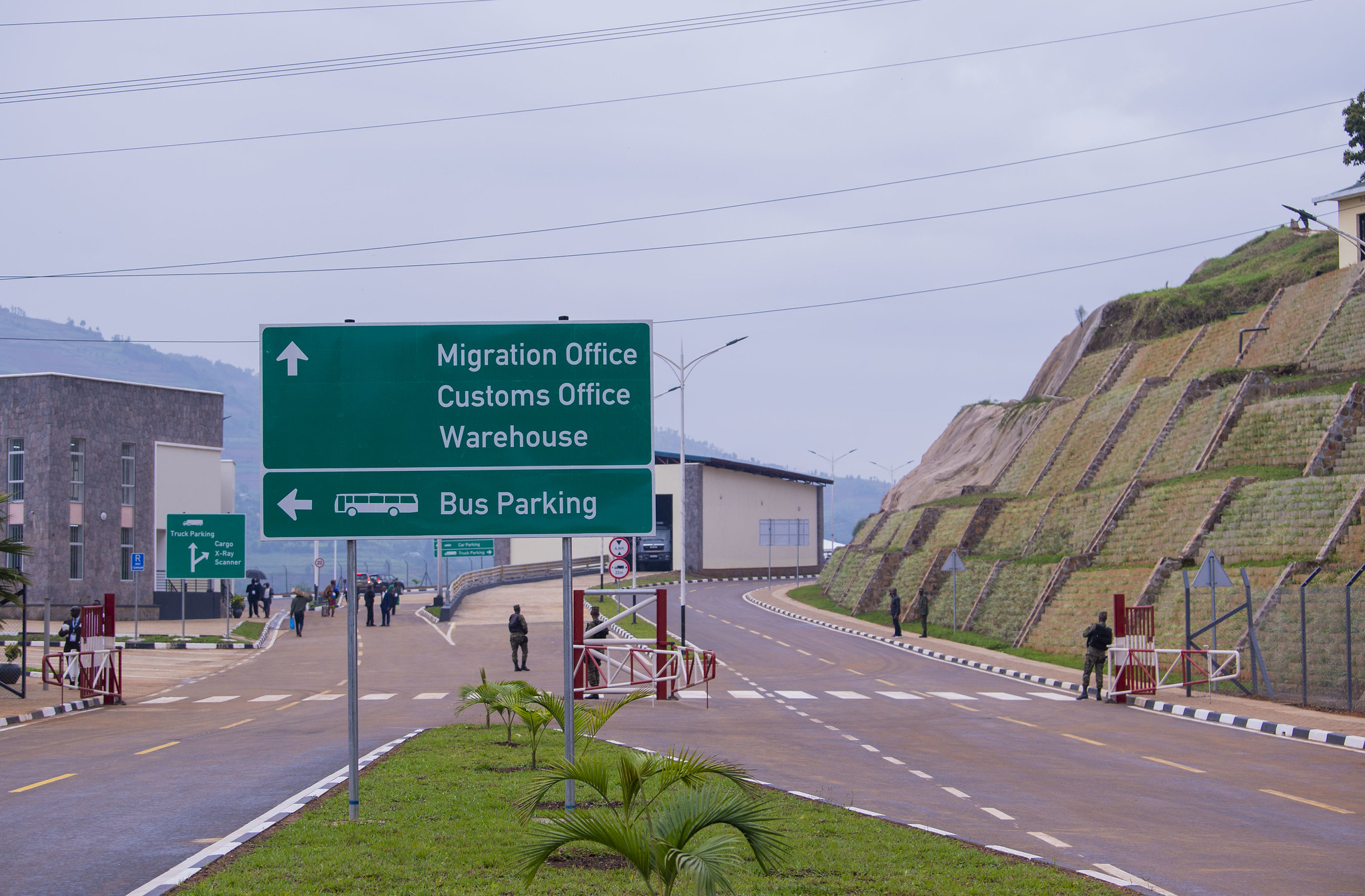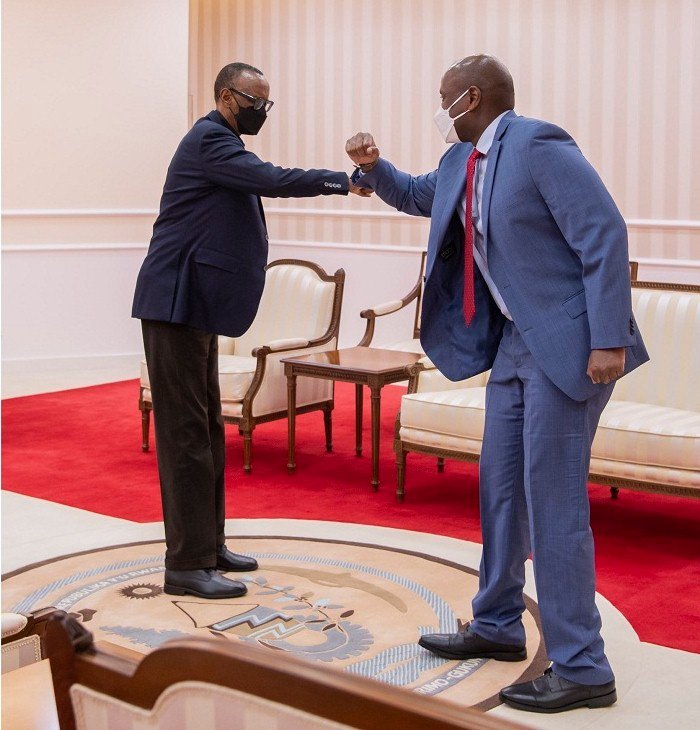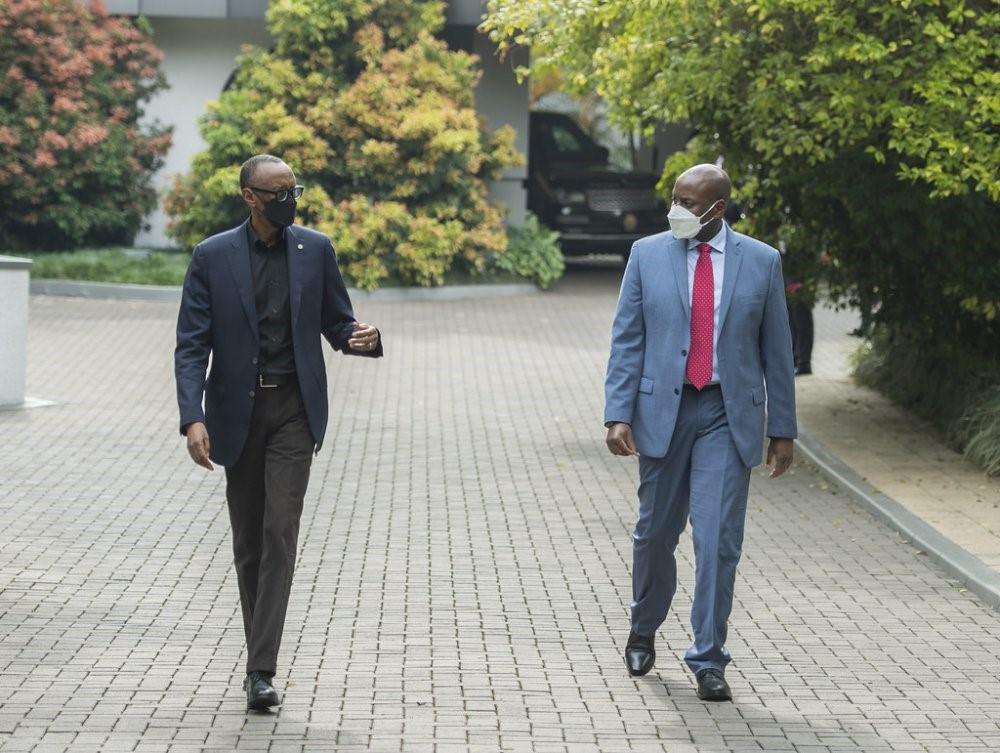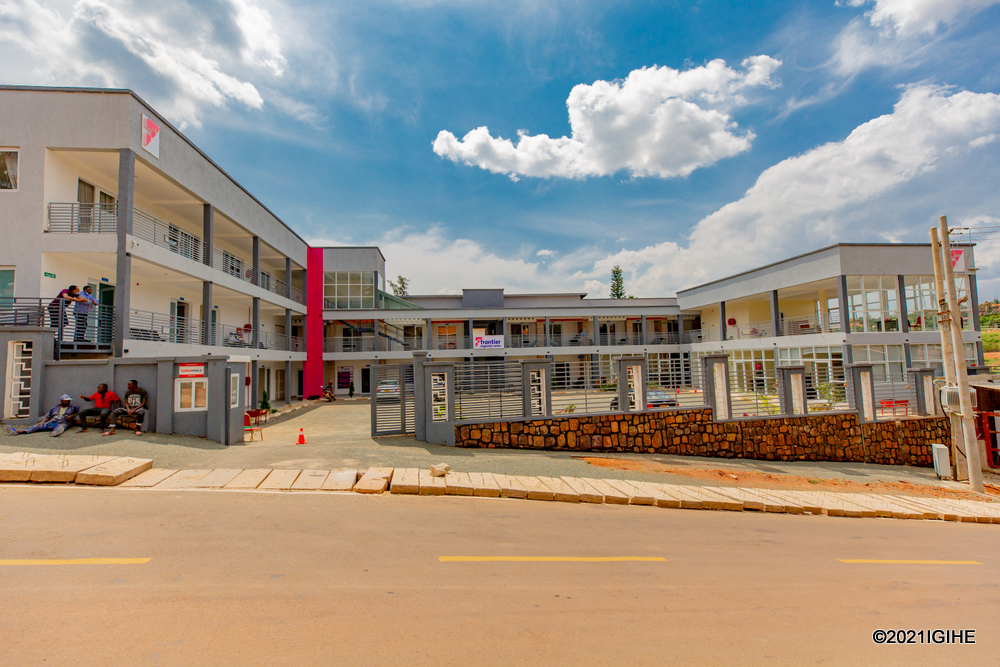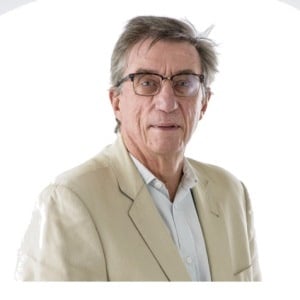Regional
Fulgence Kayishema: mass-murderer on the run
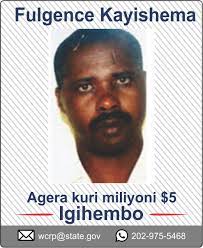
Fulgence Kayishema is a
known hard core genocidaire who led the massacres of thousands of Tutsi in the
former Kibuye prefecture, especially at the Nyange catholic Parish, in former
Kivumu parish, western Rwanda, in 1994. He continues to evade justice.
Born
in 1960 in the former Kivumu commune, during the genocide, he worked as inspector
of the judicial police.
After
the downing of President Juvenal Habyarimana’s plane, on April 6, 1994, about
2,000 Tutsi sought refuge at the Nyange Parish, hoping for protection and
safety. But father Athanase Seromba who served as a priest at the church
betrayed them and connived with other genocidaires, including Kayishema, to exterminate
the Tutsi refugees.
After the 1994 genocide, Kayishema fled the country and has continued to elude capture, like other genocide ringleaders such as Protais Mpiranya, Aloys Ndimbati, and Charles Sindikubwabo. The U.S. government is still offering a reward of up to $5 million for information leading to Kayishema's arrest as well other prominent genocidaires still on the run.
Kayishema was charged by the Prosecutor of the
International Criminal Tribunal for Rwanda (ICTR) with genocide, conspiracy to
commit genocide and extermination (crimes against humanity). The ICTR
indictment dated July 5, 2001 states that, among others, Kayishema ordered the
killing of the Tutsi inside Nyange church, and brought fuel for use by the
Interahamwe militia to burn down the church. An estimated 2,000 civilians died
in this attack alone.
On
February 22, 2012, the ICTR referral chamber ordered his case to Rwanda.
Kayishema
was indicted for his role in massacres of the Tutsi in Kivumu Commune,
specifically for attacks at Nyange Church. Prosecution charged him with direct
responsibility for genocide, complicity in genocide, conspiracy to commit
genocide, and extermination as a crime against humanity.
Kayishema remained at large as the ICTR was ending its work. In 2012, the court granted the prosecution’s request to refer the case to the national courts in Rwanda where he would face trial if captured.
It
also ordered that the ICTR prosecution hand over to Rwanda’s Prosecutor General
no later than 30 days after the decision has become final, material supporting the
indictment against Kayishema and all other appropriate evidence in the
possession of the prosecution.
Since
the accused was yet to be arrested, the referral chamber requested that Rwanda,
upon apprehension of the accused or receiving news or confirmation of his
death, to provide the ICTR or the International Residual Mechanism for Criminal
Tribunals with regular reports on efforts taken to apprehend him.
Serge
Brammertz, Chief Prosecutor of the International Residual Mechanism for Criminal
Tribunals (IRMCT) declared: “my Office alleges that Kayishema, the local police
inspector, played a key role in the 16 April 1994 massacre at Nyange Church. In
the days leading up to the massacre, 2,000 Tutsi civilians – women, men,
children. and elderly – sought refuge in the church.
Bulldozer
used to demolish church with refugees still inside
He
further indicated that initially, militias surrounded the church and launched
an attack, including throwing hand grenades into the packed building. While
many were wounded and killed, the refugees resisted, forcing the attackers to
retreat.
“Determined
to murder these innocent civilians, local leaders, including Kayishema, brought
a bulldozer to the church grounds. In an act of unimaginable brutality and
sacrilege, the bulldozer was used to demolish the church with the refugees
still inside.
More than 1,500 Tutsi were crushed to death.
Survivors who escaped were hunted down and killed. Kayishema fled from justice
and remained a fugitive for years.
“But
almost three years ago, my Office finally located him. Relying on records and
sources. My Office concluded in early 2018 that Kayishema was living in Cape
Town, South Africa. This was confirmed by South African authorities via
INTERPOL in August 2018,” Judge Brammertz pointed out.
The
IRMCT immediately submitted an urgent request for assistance to South Africa
seeking his prompt arrest.
However,
the IRMCT was surprised to be informed that because Kayishema had been granted
refugee status in South Africa, he could not be handed over to the Mechanism.
This excuse was withdrawn months later, and replaced with a new argument – that
South Africa lacked a legal basis to cooperate with the Mechanism.
“After
sixteen months of intense negotiations, in December 2019, South Africa finally
submitted the UN arrest warrant for execution, which a local magistrate
approved. However, by then, Kayishema could no longer be found.
The
IRMCT had reliable information that Kayishema was in South Africa as late as
October and November 2019, merely weeks before South Africa reported in the
Security Council that the arrest operation was unsuccessful.
Little
has improved since then. A year ago, the IRMCT submitted an extensive request
for assistance detailing information it required to continue the pursuit of
Kayishema. Its request has still not been satisfactorily answered by South
African authorities.
“Two
months ago, in October, it was agreed that my Office would send a technical
team to Pretoria to finally receive the requested material. The foreign affairs
and justice ministries convened several joint meetings with responsible
officials.
South
African authorities continue to shield Kayishema from justice. Brammertz recently
told the UN Security Council that he was reporting these facts “to explain why,
despite all my Office’s efforts, Kayishema remains at large.”
“The
situation raises many questions. How can it be that South Africa refused to
arrest Kayishema two and a half years ago based on a refugee file that it is
now claiming doesn’t exist? And why didn’t authorities take obvious measures
after being informed that an internationally wanted fugitive indicted for
genocide was present in their country?
“Despite
a UN warrant calling for Kayishema’s immediate arrest, South African
authorities did not provisionally detain him or put him under any surveillance
to prevent his escape.”
It’s
a shame that 28 years on, countries like South Africa continue to ignore their
international obligation to apprehend the most wanted genocidaires.


